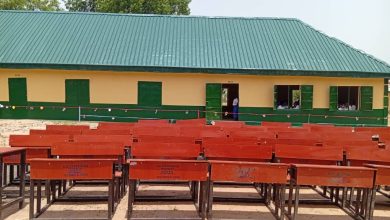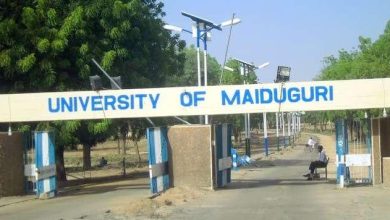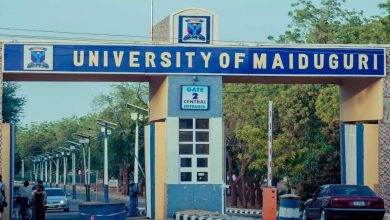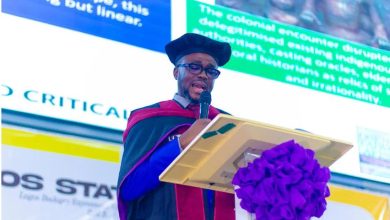No Classroom Left Behind: UBEC Sets a 30-Day Deadline for State Implementation
UBEC has given state governments 30 days to account for a newly approved $500 million basic education grant, demanding transparency, audits, and tangible progress or risk losing future funding.
With rising enrollment but crumbling infrastructure, this grant is a lifeline. States like Lagos and Kano have begun swift action, but nationwide scrutiny looms.
The Universal Basic Education Commission (UBEC) has established a firm deadline for state governments to account for and effectively utilize a newly approved $500 million grant. This significant funding aims to uplift Nigeria’s under-resourced basic education sector. They have cautioned that any delays or mismanagement could jeopardize future funding and undermine Nigeria’s efforts to improve its basic education sector.
Key directives from UBEC
During a high-level meeting in Abuja on May 28, UBEC Executive Secretary Dr. Abdullahi Mohammed outlined the commission’s expectations:
Timely Disbursement: States must confirm receipt and allocation of the funds within 30 days, providing clear line items for infrastructure, teacher training, and learning materials.
Transparent Reporting: Monthly progress reports are now mandatory. These reports must detail procurement, contract awards, and project milestones and be published on each state’s UBEC portal.
Accountability Mechanisms: An independent audit committee will inspect at least five randomly selected projects per state to ensure that physical and financial targets align with real-world progress.
Dr. Mohammed emphasized, “We cannot build classrooms on paper. This grant is a lifeline for millions of Nigerian children. States must prove they are worthy custodians of these resources.
Why this matters
Nigeria’s primary school enrollment has steadily increased, yet the quality of education lags behind due to issues such as teacher shortages, dilapidated facilities, and a scarcity of textbooks. The $500 million grant, approved by the Federal Executive Council last month, is the largest UBEC grant in a decade and is crucial for achieving Sustainable Development Goal 4, which aims for quality education.
Early state responses
In a proactive response, Lagos has launched a “Classrooms Now” dashboard, proudly displaying their achievements, including the refurbishment of 50 schools and the training of 2,000 teachers within just two weeks. This initiative serves as a model for accountability and transparency.
Kano State has announced innovative partnerships with local non-governmental organisations (NGOs) to distribute an impressive 500,000 textbooks and solar lanterns to remote rural communities, ensuring that educational support reaches even the most underserved areas.
In addition, several other states have convened legislative hearings to critically review UBEC’s audit protocols and expedite the release of funding, reflecting a commitment to effective education reform.
With the 30-day deadline fast approaching, UBEC’s audit teams are preparing to traverse the country’s diverse regions, north, south, east, and west, to ensure that the allocated grants translate into real-world enhancements in educational facilities and resources. States that fail to meet these established benchmarks face serious repercussions, including the withdrawal of subsequent federal intervention funds or being placed under stringent oversight.
For parents, educators, and students alike, the forthcoming months will reveal whether this high-stakes initiative serves as a transformative catalyst for change or becomes just another missed opportunity in Nigeria’s ongoing quest for universal, high-quality basic education.



